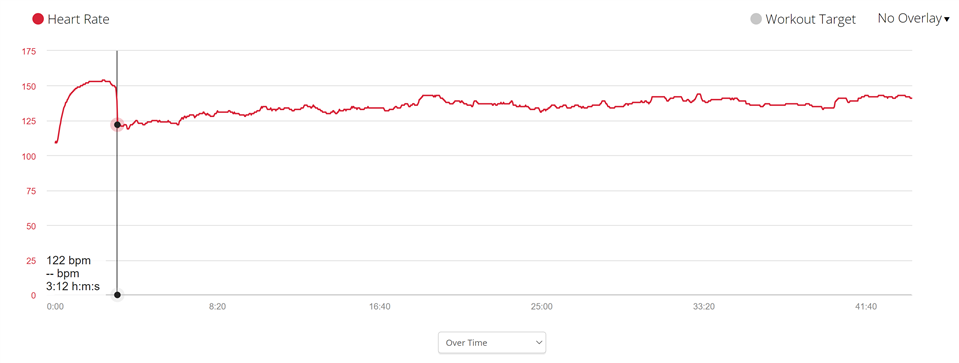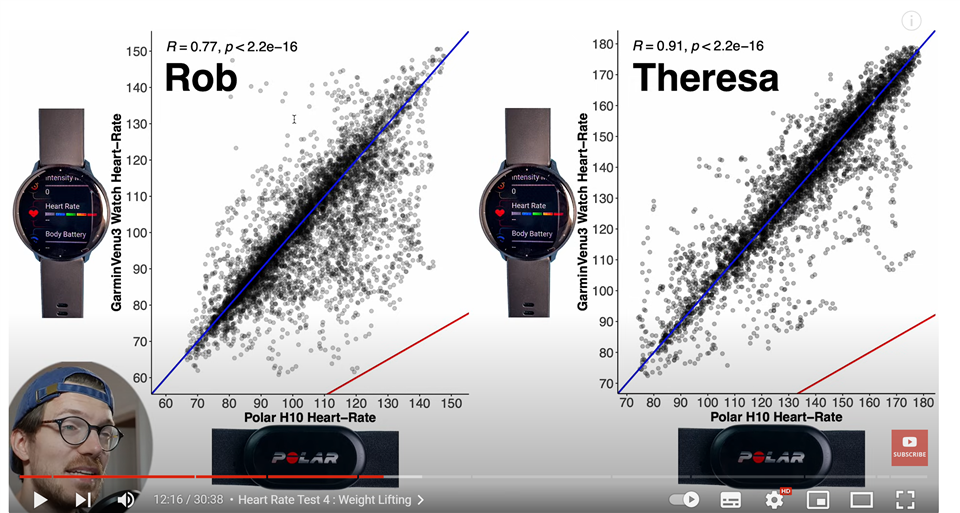For almost a decade, I’ve tried many Garmin models—almost the entire product line except for the Instinct and Marq. They all have one major common problem: wildly inaccurate HR sensors!
I tried every new watch model, hoping that the sensors might have improved, but I was always disappointed. Now I'm done!
Even Huawei, a Chinese company who joined the industry years later, manufactures medical-grade sensors with high precision, just like Apple.
When doing some routine stuff, the HR sensor just sleeps. For example, when carrying 19 kg bottled waters in both hands from my car to my floor, it shows my HR as 70. Do i need to wear a chest strap all day long ? Even for daily routines ?
No, that’s unacceptable for such an expensive watch. I beg your pardon, but i think that the engineers responsible from OHR Design&Develeopment do not deserve their earnings.
Here are the other annoying problems:
- Still no Garmin Pay support after years (I live in Europe.),
- Still no ECG feature enabled,
- Driving a car is counted as steps,
- The watch congratulates me for completing the floors climbed when i drive my car out of a mall’s parking lot ,
- The software is still laggy & buggy,
- Due to insufficient CPU power, navigating on the map screen is laggy and it doesn’t quickly refresh the display.
- While such an expensive device is expected to be a masterpiece, it has a large, black, non-functional parts around the screen that don’t look elegant.






